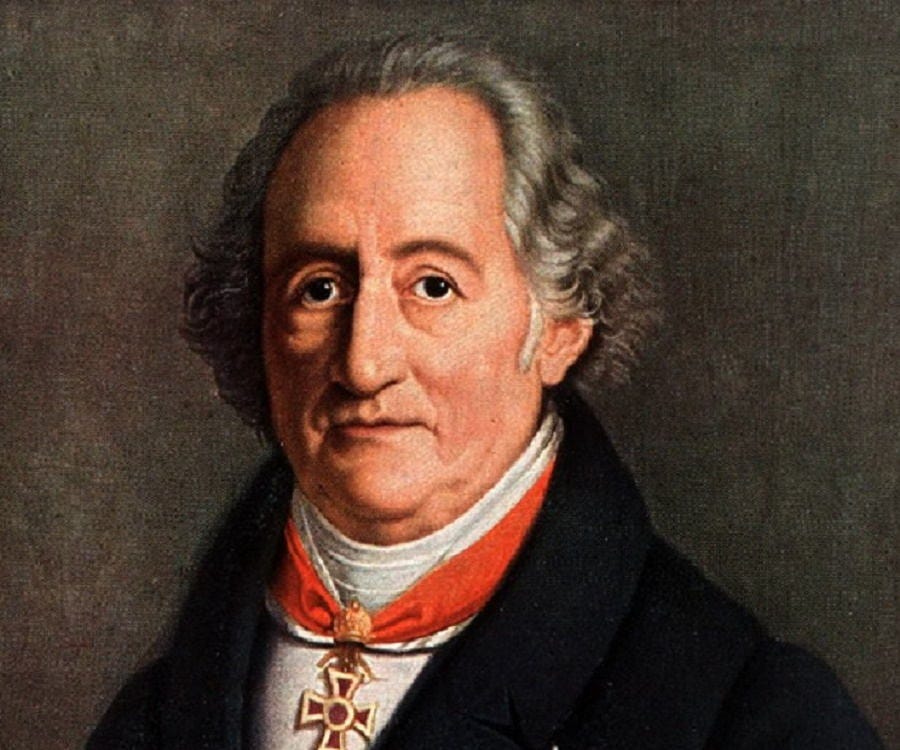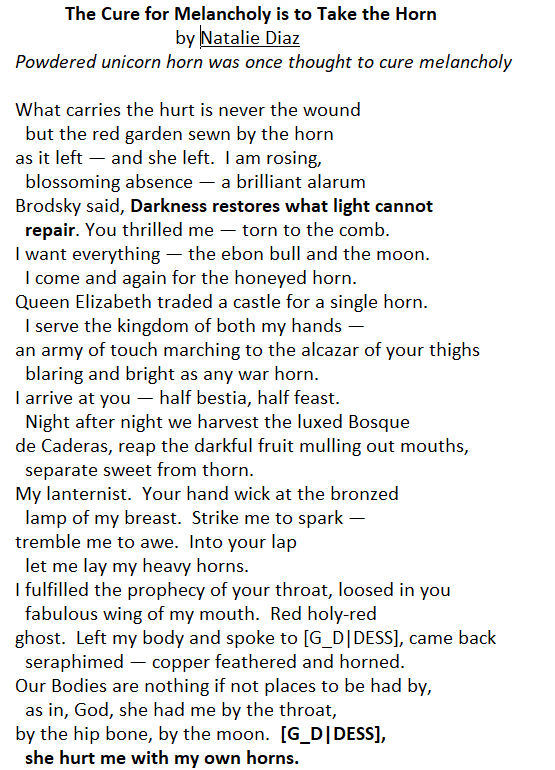
“Truth is enough by itself and needs no defense” reminded another famous German-speaking thinker, but speaking in a specific context (heheh, I speak of Nietzche, and here Nietzche was critiquing romantic love, and I don’t like Nietzche, but like said quote). Aside, can we separate the art from the artist? But that’s another question.
Johann Wolfgang von Goethe was born in the city of Frankfurt (now Germany) in 1749 CE. By popular narrative of German nationalism in the 1800s, he is heralded - in so many words - as the “greatest German of all time”. Although I strongly doubt Goethe himself would approve of any accolade like that, for himself or for anyone else.
Today, the official cultural institutes of Federal Republic of Germany are named after Goethe as institutes purported of cultural exchange and universal welfare. No doubt many good and sincere persons work in these institutes including both FRG citizens and non-FRG citizens.
Sideline to sideline: regarding the Federal Republic of Germany, it may be just like the People’s Republic of Bangladesh, meaning they may both be called state/ government/ nation/ country/ corporation/ bureaucracy/ vanity/ faction /fiction, or any such.
Goethe was trained as a lawyer in the cities of Strasbourg and Leipzig. Besides his legal training and career, he was a person of many talents, and worked to be prolific in in interests. Goethe can be described as a graphic artist, scientist, philosopher, poet, writer, and academic, in addition to being a lawyer. Interestingly - and I choose to emphasize the point here - Goethe was an Islamophile [sic], meaning he bore a strong positive regard for what he understood as Islamic religion. By his own stalwart admission, he identified his religion as Islam in his later adult years, although if one reads the New York Times or New Yorker magazine, his religion is apparently a mystery. It is unknown whether Goethe ever had the opportunity to interact with other persons identifying as Muslim during his years as an adult. I am being careful with my language here, but if Goethe insisted he professed Islam, that should be enough for those who think religious inclinations are just aesthetic.
Goethe was graced in having to opportunity to produce much work, besides having the chance to apply his own efforts. As well, he was privileged to grow up in a household and environment where he had access to books and educated persons. He stood on the shoulders of others, so to speak.
For prose and poetry, Goethe is interesting - he the author of ‘Faust’ and of grim poetic works like the ‘Elf King’. But for science, I think Goethe’s example is also important for me, because beyond simple technical analyses, he embraced inquiry in whatever he discussed - and he did very much to share what his thinking was. In a sense, Goethe seemed to asked meta-questions, or bigger questions, even while embracing the Enlightenment traditions of simple physical inquiry. Two examples of his genius and generosity in these, is his emphases on a) the morphology of objects as a dimension of analysis, specifically referring to the morphology of living creatures, and b) the factor of “color” (meaning the radiation spectrum according to human perception) as a dimension of the physical universe.
The human perception of color or radiation, after all, is as real as any agreed physical interaction e.g. ‘red’ is real to me, just as I believe that a glass full of water sinks further on a weighing scale than a glass empty of water i.e. ‘weight of water’ is real to me. If both of us agree that ‘red’ and ‘weight of water’ are real, then we are rational to agree these are agreed factors of the physical universe. Just as much as "frequency of electromagnetic radiation” and “resolved gravimetric acceleration” are also real. Meaning color and weight, of course. I mean we have to agree on something, else at best everything is a shared delusion as a my friend said - and I don’t think everything is a shared delusion.
Here is an interesting and wonderfully composed video expounding Goethe’s discussion of the spectra and light. The author identifies as PehrSall on YouTube.
And following that, a reading of the ‘Elf-King’, Goethe’s grim work :) by well-expressed Anna. I want to work on all my communication like I think she has, so I can be better expressive.
We can end on a note of melancholy from another author, this from Natalie Diaz. From what I read, her poems are very good, and echo and express very well.
A friendly reminder to the good in all of us: the wicked are depraved and insidious, and worship lies and murder as a sacrament. ‘Come drink with us and become like us’ the parents’ of the mythological Abraham said to him. But now please just enjoy the poem. I replaced the word ‘G_D’ with something I prefer, but all else is the same.





I really enjoyed this, shaqer. Fascinating that Goethe adopted Islam. Thanks for sending me here and I'll look for a place to use this in mine because I think it's important.